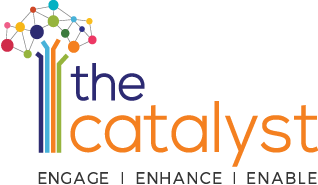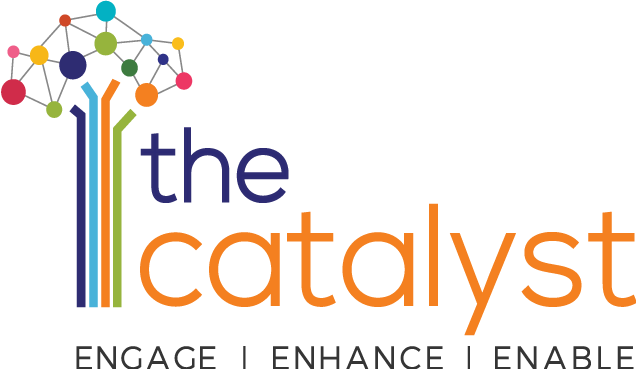Catalyst recently successfully completed a training intervention with the field force sales executives of one of the consumer healthcare division of one of the largest pharma companies in India. Catalyst was faced with the challenge of creating and delivering an interesting and impactful training program on selling skills and negotiation to the participants which they could carry back to their work-life and implement. Further, there was a need to make the program as experiential and interesting as possible to minimise disinterest amongst participants as they had been through other workshop on similar topics in the past with minimal impact.
The project was implemented in 2 key phases
Phase 1: In-depth understanding of the need for the program and its desired impact
Catalyst conducted a deep dive training need analysis which consisted of the following three steps
- Working with the field force executives of the organization across various geographies to understand
- Nature of business and industry challenges
- Stakeholder expectations (through structured interaction with distributors/ wholesellers and retailers)
- Current skill and competency level of field force
- Current sales processes in place in the organization for planning, execution and review
- In-depth interviews with Regional Sales Managers across regions to understand the real learning gap and the desired state of learning for the target group
- In-depth interaction with the sales HR team to understand HR and learning related challenges and the profile of the participant pool
Based on this understanding, the biggest skill gap that emerged for the organization was in the planning and execution phase. A structured training program was created for all field force executives on planning and negotiation skills with live case studies and examples. This program was created in the format of a ‘Treasure Hunt’ game to keep the participants engaged and active.
Phase 2: Design and Execution of Training program on ‘Planning and Negotiation skills’
The workshop was in the format of a treasure hunt game which consisted of indoor and outdoor activities and was conducted in an out of office location. The programme followed a model where participants went through various stages/ games and after each such stage, there was a learning de-brief and a discussion on how the learnings could be applied on the field. The discussion entailed several caselets and examples from real-life that were culled out from the TNA discussions that Catalyst had with various stakeholder groups.
Given the unique nature of the intervention, the program was first piloted in the North region with the active participation of the executive cadre as well as the ASMs, RSM and the NSM. The program was very well received with excellent ratings on each parameter and was then rolled out nationally across all regions. The examples and case studies and the delivery strategy was changed every time based on the region that it was rolled out in and the unique challenges that the particular region faced. This ensured that the program was relevant to the stakeholders and the learnings could easily be transferred.



